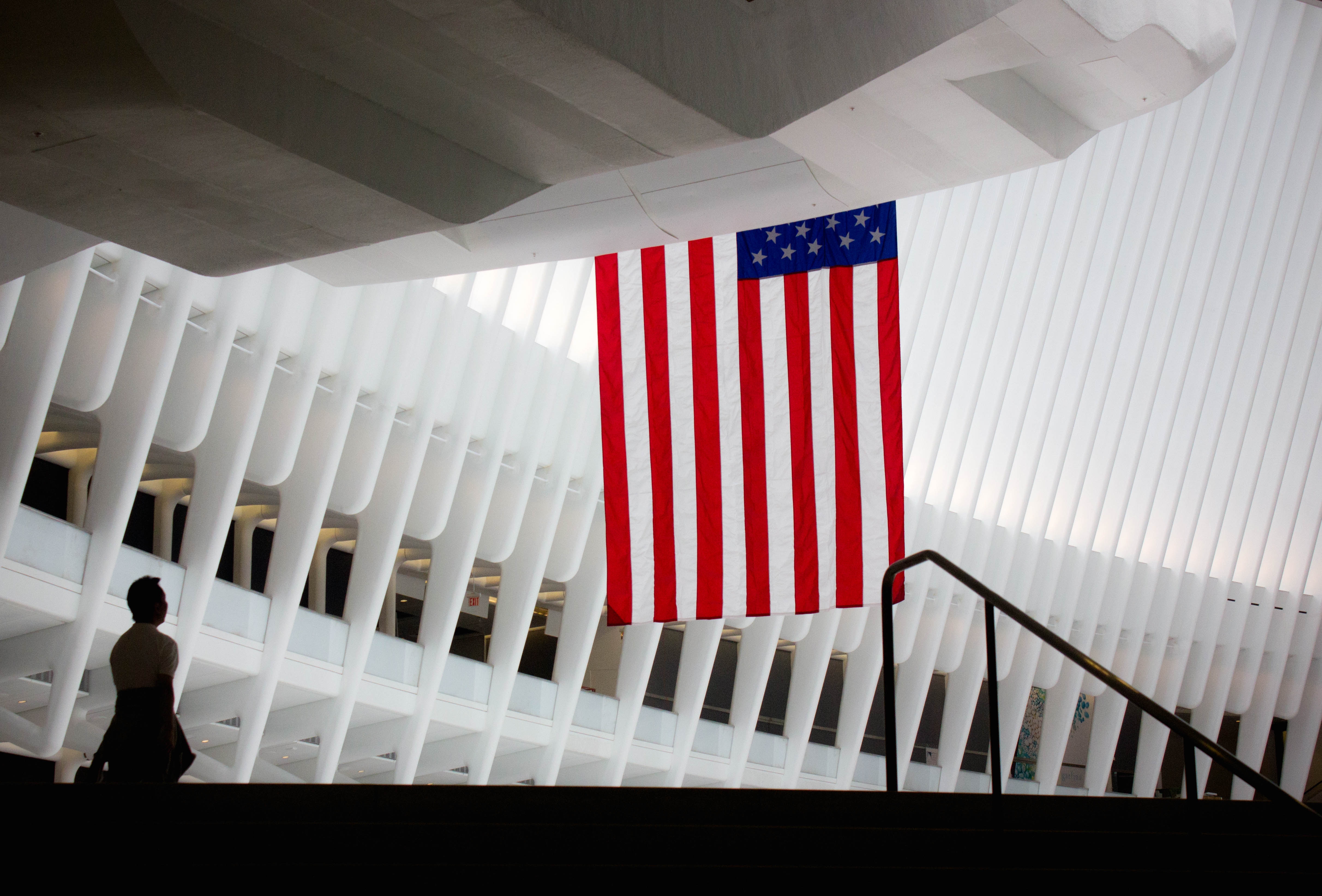One of the most contentious areas in the world is a small region in Azerbaijan called Nagorno-Karabakh.
Although the territory was historically majority Armenian, Azerbaijan controlled Nagorno-Karabakh dating back to the 1930s. Nagorno-Karabakh, combined with some surrounding Azerbaijani territory, became a de facto independent country named Artsakh in 1991.
Until recently, Artsakh was backed by Armenia until it was reconquered by Azerbaijan.
In the months leading up to Azerbaijani victory in 2023, a brutal blockade was enacted against the territory that international observers classified as potentially genocidal. Fearing ethnic persecution, the vast majority of the population fled to Armenia which resulted in what many have called ethnic cleansing.
Though the destruction of an entire community occurred within weeks, the event received a remarkably muted international response.
The war in Ukraine, then well into its first year, was attracting plenty of mainstream media converge. Additionally, only a few days after the last Armenians left the territory, the War in Gaza broke out, immediately becoming the top global issue.
While Gaza and Ukraine are important and deserving of coverage, the human toll and geopolitical repercussions of the Armenia-Azerbaijan conflict deserves some spotlight as well.
Though the conflict over Nagorno-Karabakh has concluded, obstacles to peace between Armenia and Azerbaijan remain.
An Azerbaijani exclave exists called Nakhchivan, which is cut off from the rest of Azerbaijan by Armenia. Azerbaijan has pushed for Armenia to cede some of its territory to create a direct link between Azerbaijan and Nakhchivan, which would be called the Zangezur Corridor.
Azerbaijan and Turkey have imposed effective blockades on the country which would cut off Armenia from one out of the two borders that accesses Iran.
Azerbaijan has threatened the use of force to accomplish the completion of the Zangezur Corridor if Armenia does not agree to ceding the necessary land.
Threats like these follow a pattern of harmful language from Azerbaijan, such as accusations that Armenia is actually “Western Azerbaijan,” and rightfully belongs to them.
The country has begun a serious round of negotiations with Armenia in pursuit of a comprehensive peace agreement in the wake of Azerbaijan’s successes in Nagorno-Karabakh. Azerbaijan has agreed to temporarily halt its demands on the creation of the Zangezur Corridor to ensure talks don’t break down.
The pursuit of a peace agreement is a positive development in the short term, but doesn’t represent any long term policy from Azerbaijan.
The combination of demands for territorial concessions, language that attempts to erase the Armenian identity and Azerbaijan’s relative strength over their regional foe could spell trouble for Armenia.
A relevant historical lesson can be seen regarding the dangers of appeasement. When more powerful countries attempt to bully their weaker neighbors into granting them territorial concessions, it’s uncommon for said countries to stay satisfied with their original demands, and Azerbaijan is unlikely to be an exception.
Though Armenia and Azerbaijan are engaged of peace talks, the shadow of the Zangezur Corridor and what Azerbaijan may do to get it looms large.
Armenian acceptance of the Zangezur Corridor could open the door to further violations of the country’s sovereignty.
If Azerbaijan ever attempts to launch a wider invasion of Armenia to reclaim the “lost land” as its leaders have referenced before, the country’s relative strength will all but ensure an Azerbaijani victory, and with it, the subjugation of the Armenian people.
A true and honest commitment to human rights and the preservation of cultural identity requires a closer look be given to what’s happening in Armenia and Azerbaijan.



